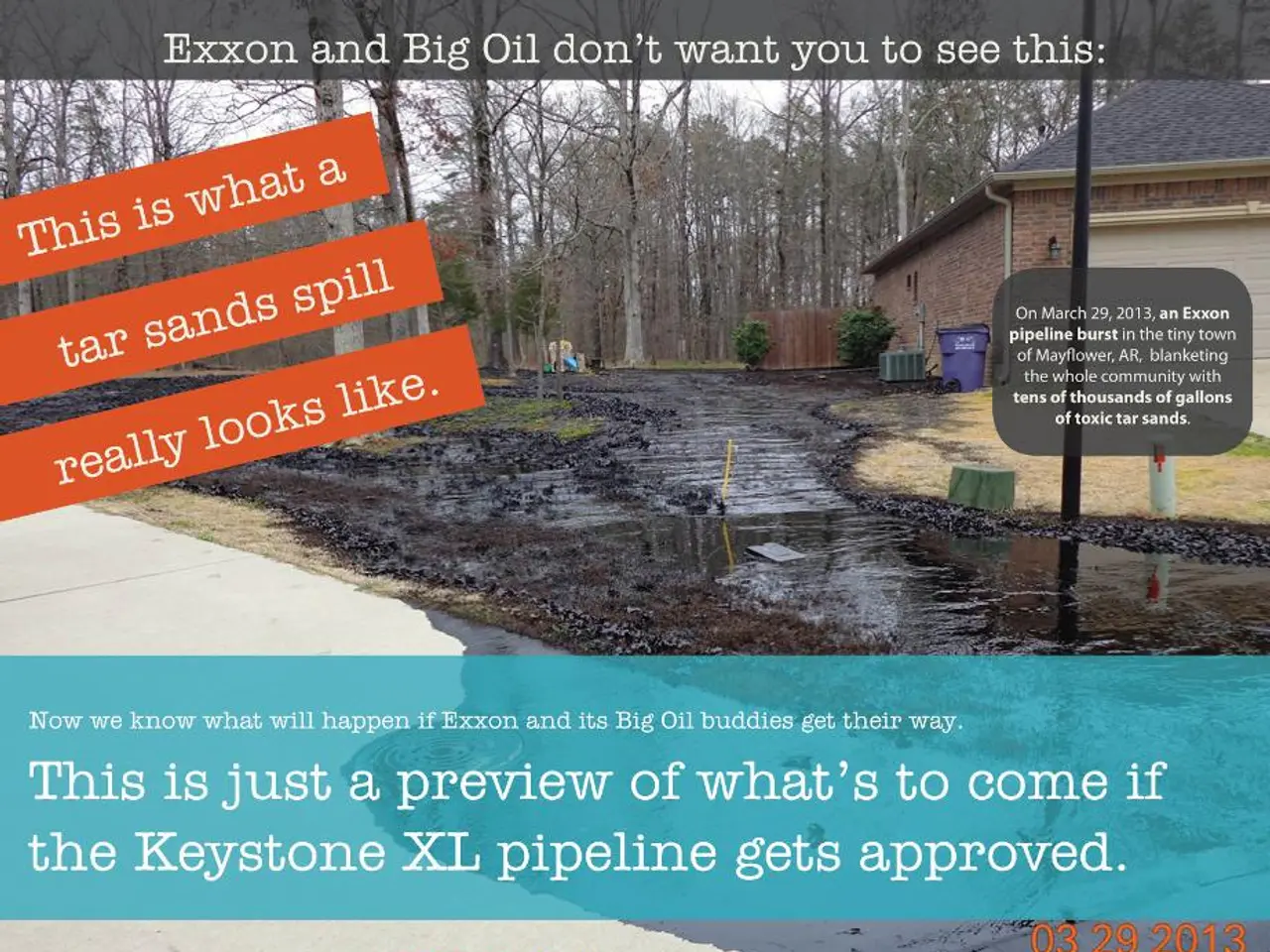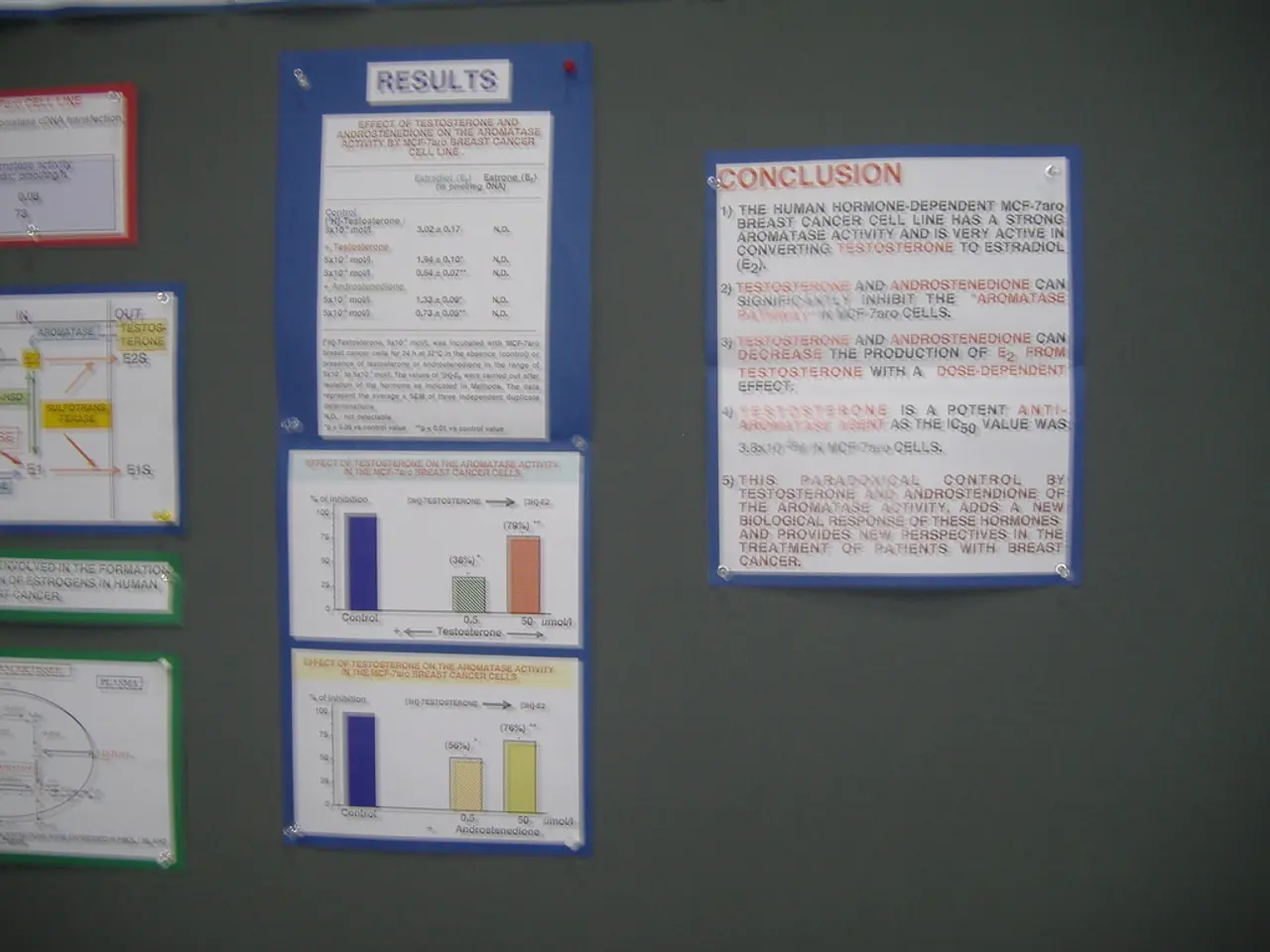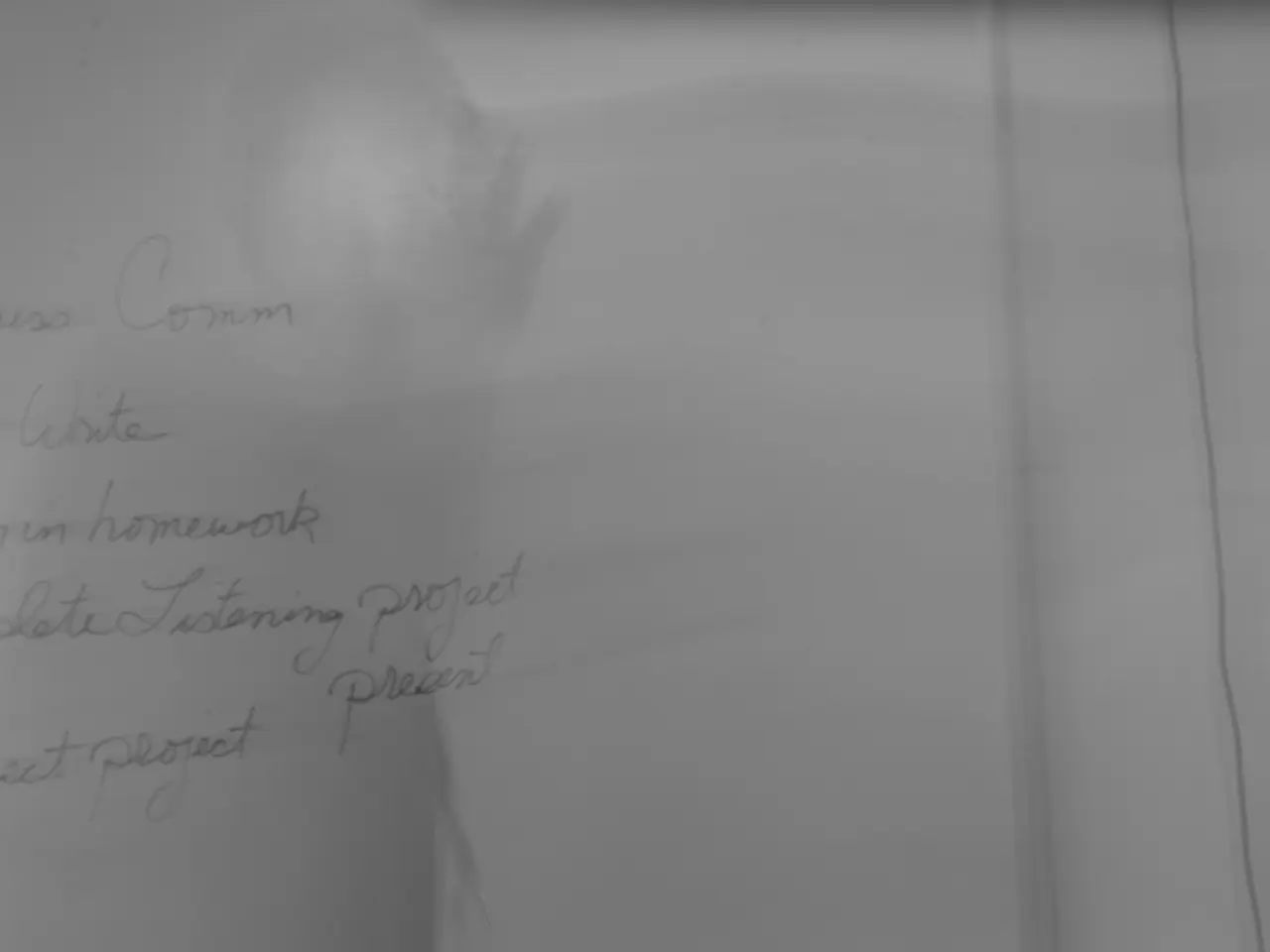Solar Subsidy Woes: Is Saxony-Anhalt on the Hook for Meyer Burger's Multi-Million Euro Debt?
Saxony-Anhalt is held accountable for loans extended to Meyer Burger. - The German Federal Republic is legally accountable for the financing provided to Meyer Burger.
Let's dive into the messy business of solar subsidies and potential financial repercussions for the state of Saxony-Anhalt. According to recent reports, the state may end up footing a bill of up to 16.5 million euros due to guarantees tied to the insolvent solar giant, Meyer Burger [1].
In 2021, Meyer Burger received a massive loan of 115 million euros from several banks for solar cell factory construction in Bitterfeld-Wolfen and a solar module plant in Freiberg, Saxony. The lead investor was the Ostsächsische Sparkasse from Dresden, and the state, Saxony, and the federal government chipped in with an 80% guarantee for the loan [2].
Now, the piper is calling for payment. The Ministry of Finance for Saxony-Anhalt has taken on "proportional guarantees" to secure an investment loan and working capital credit line of up to 38.4 million euros [2]. The first missed repayment for Meyer Burger occurred on March 31, 2025 [2]. It remains uncertain if the banks will demand the current guarantee amount of 16.5 million euros [2].
The banks may have collateral for the loan, including access to inventory and machinery. However, the actual worth of these assets depends on the outcome of the ongoing insolvency proceedings [2]. The insolvency of Meyer Burger's German subsidiaries, including the Thalheim facility in Bitterfeld-Wolfen, is causing ripples through the solar industry [1].
In a twist, Meyer Burger had received substantial EU funding commitments of €200 million from the EU Innovation Fund. However, these funds were contingent on market conditions and expansion plans in Saxony-Anhalt, not state-guaranteed loans [3].
To put things into perspective, Saxony-Anhalt isn't necessarily on the hook for the entire loan yet. The insolvency proceedings involve appointed insolvency administrators and ongoing negotiations with creditors [1]. The closure of the Freiberg facility in 2024 was an attempt to cut losses, while the Bitterfeld-Wolfen plant is still operational due to engineering difficulties in the US expansion [3].
In summary, while Saxony-Anhalt may face financial repercussions if banks demand their guarantee, it's still unclear if banks will pursue the claim. The ongoing insolvency proceedings will likely determine if the state's budget will be affected, and that's still anyone's guess right now.
Lastly, it's important to note that, unlike the potential 16.5-million-euro liability, Saxony-Anhalt hasn't taken on any direct, explicit financial liability for Meyer Burger.
Sources:
[1] Mitteldeutsche Zeitung. "Meyer Burger Solar GmbH meldet Insolvenz an". Mitteldeutsche Zeitung, 2025. https://www.md-zeitung.de/wirtschaft/meyer-burger-solar-gmbh-meldet-insolvenz-an-14917695
[2] Mitteldeutsche Zeitung. "Saxony-Anhalt may be on the hook for Meyer Burger's debt". Mitteldeutsche Zeitung, 2023. https://www.md-zeitung.de/wirtschaft/saxony-anhalt-could-face-debt-over-meyer-burger-6025806
[3] Mitteldeutsche Zeitung. "Freiberg facility closure aims to cut losses". Mitteldeutsche Zeitung, 2024. https://www.md-zeitung.de/wirtschaft/freiberg-facility-closure-aims-to-cut-losses-4741482
Vocational training in EC countries could be crucial for potential workers seeking employment in the solar industry, given the industry's growth and the ongoing insolvency proceedings of Meyer Burger. The finance implications for Saxony-Anhalt, due to guarantees tied to Meyer Burger's debt, might impact the state's budget, thereby affecting business decisions related to vocational training investments.
Regardless of the potential financial repercussions, the insolvency of Meyer Burger doesn't seem to have directly affected the EU's funding commitments of €200 million from the EU Innovation Fund, which were contingent on market conditions and expansion plans in Saxony-Anhalt, not state-guaranteed loans.







